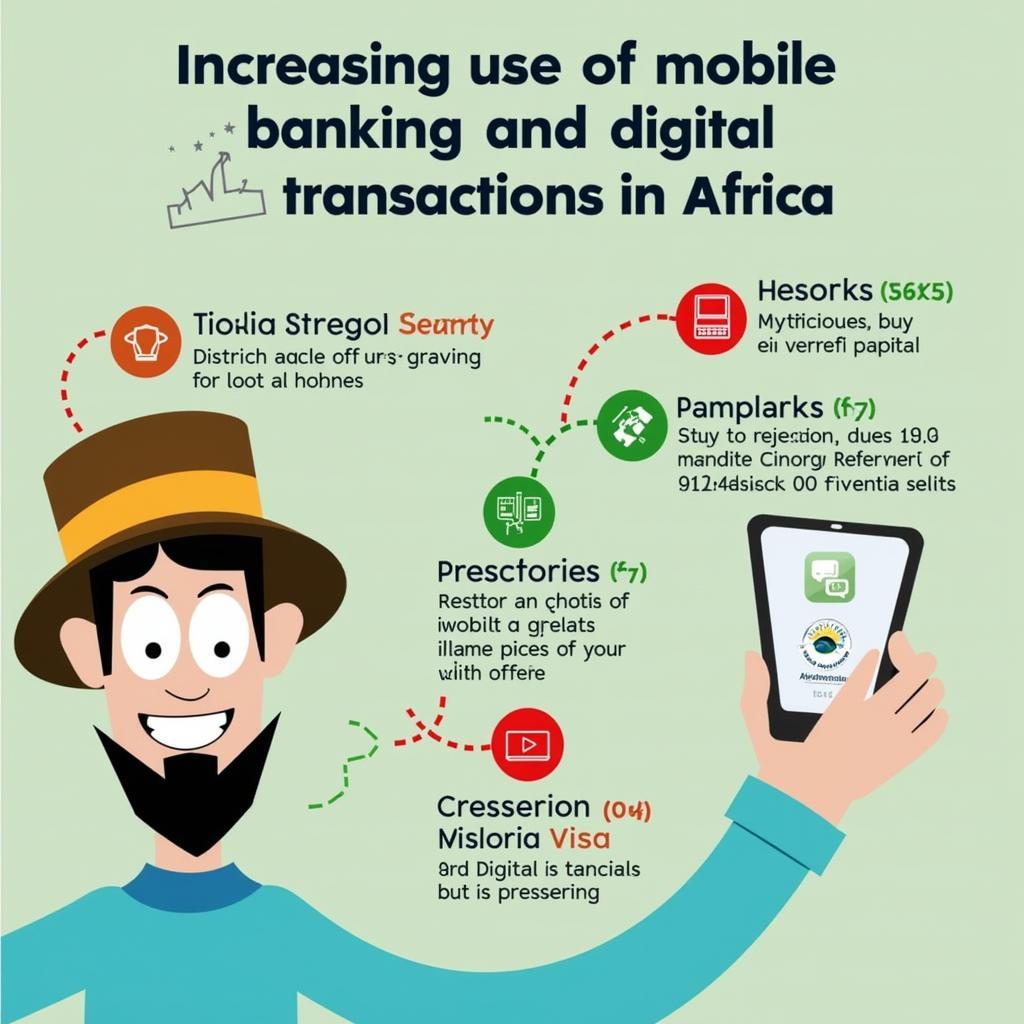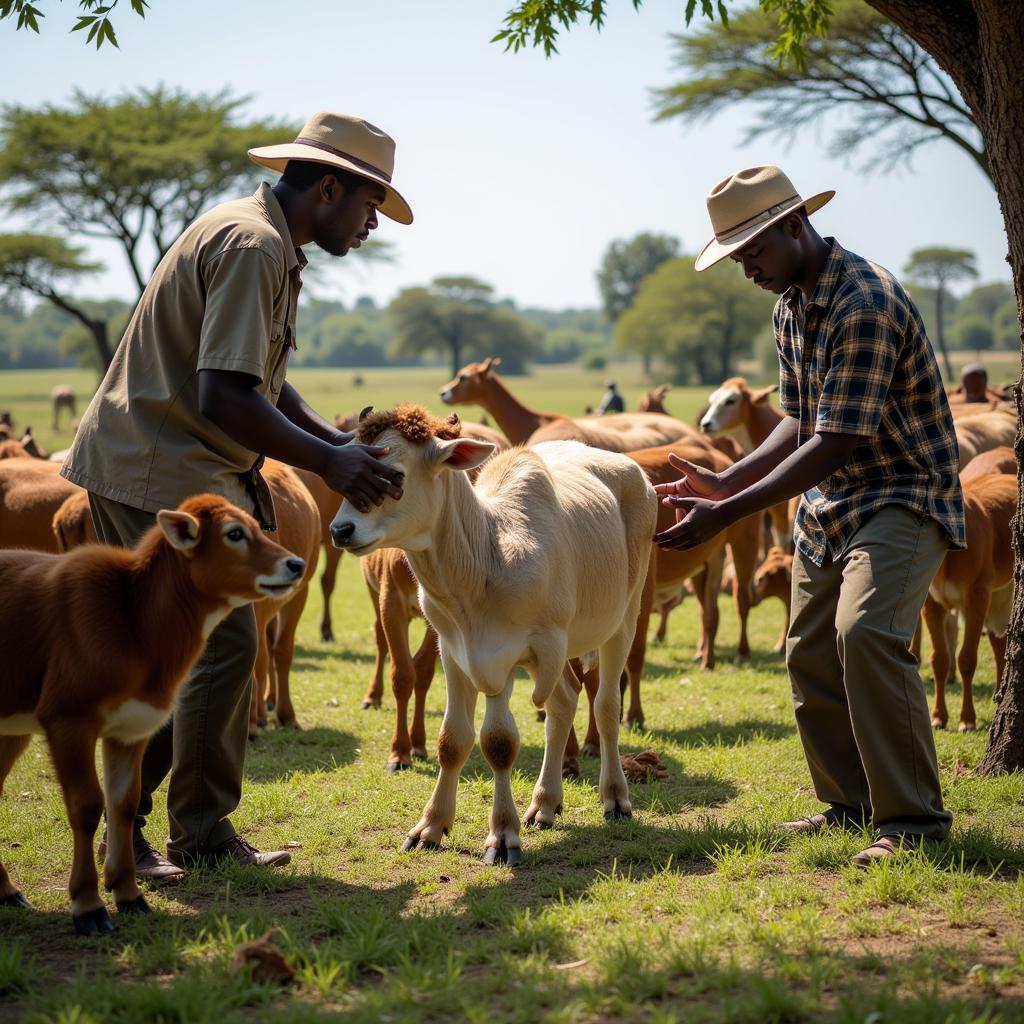African Active Volcanoes: A Guide to the Continent’s Fiery Giants
Africa is a continent of incredible diversity, from its vibrant cultures and breathtaking landscapes to its awe-inspiring wildlife. Among these wonders are its powerful active volcanoes, geological marvels that offer a glimpse into the earth’s fiery heart. These volcanoes, scattered across the continent, are not only a testament to the planet’s raw power but also play a vital role in shaping Africa’s landscape and ecosystems.
Exploring Africa’s Active Volcanoes: Where Geology Meets Adventure
While many associate volcanoes with destruction, they are also sources of immense beauty and fascination. Africa’s active volcanoes attract adventurers and scientists alike, eager to witness the spectacle of molten lava and understand the forces that have shaped the continent over millions of years. Let’s delve into some of the most notable active volcanoes that grace the African landscape:
1. Mount Nyiragongo, Democratic Republic of Congo: A Lava Lake of Fire and Fury
Located within Virunga National Park, Mount Nyiragongo is a formidable sight. Its main crater houses a massive lava lake, one of the largest and most active in the world. The lava, known for its fluidity, has posed significant threats to the nearby city of Goma in past eruptions.
2. Erta Ale, Ethiopia: A Gateway to the Earth’s Inferno
Deep within Ethiopia’s Danakil Depression lies Erta Ale, renowned for its continuously active lava lake. This shield volcano offers a rare glimpse into the Earth’s interior, with bubbling lava and fiery displays. The surrounding landscape, shaped by volcanic activity, is a testament to the power of these geological giants.
3. Ol Doinyo Lengai, Tanzania: The Mountain of God’s Fire
Known to the Maasai people as the “Mountain of God,” Ol Doinyo Lengai is unique for its natrocarbonatite lava. Unlike the typical red lava, this volcano erupts a black, fluid lava that resembles flowing mud. This unusual composition makes Ol Doinyo Lengai a subject of great interest to geologists.
4. Mount Cameroon, Cameroon: The Chariot of the Gods
Rising above the clouds, Mount Cameroon is the highest peak in West Africa. This active volcano has erupted numerous times in recent history, blanketing the surrounding areas in volcanic ash. Despite the risks, the fertile slopes of Mount Cameroon support a diverse ecosystem and are home to numerous plantations.
The African Rift Valley: A Cradle of Volcanic Activity
Many of Africa’s active volcanoes, including some of those mentioned above, are situated along the East African Rift System. This geological feature, a massive tear in the Earth’s crust, stretches thousands of kilometers and is a hotbed of volcanic and seismic activity. The rift is gradually pulling the African continent apart, a process that has created some of the continent’s most dramatic landscapes.
The East African Rift is a testament to the powerful forces shaping our planet. The presence of active volcanoes along this rift highlights the dynamic nature of this geological wonder and its role in shaping the African continent.
The Importance of Monitoring and Understanding African Active Volcanoes
While African Active Volcanoes pose potential hazards, they are also valuable resources. Volcanic soil is incredibly fertile, supporting agriculture and livelihoods. Moreover, these geological marvels attract tourists and researchers, contributing to local economies and scientific knowledge.
Continuous monitoring of these volcanoes is crucial for predicting potential eruptions and mitigating risks to nearby communities. Scientists use various techniques, including seismic monitoring, gas measurements, and ground deformation studies, to understand the behavior of these fiery giants.
Conclusion: African Active Volcanoes – A Testament to Earth’s Power
From the fiery lava lake of Mount Nyiragongo to the unique black lava flows of Ol Doinyo Lengai, Africa’s active volcanoes offer a glimpse into the raw power that shapes our planet. These geological wonders, while potentially dangerous, are also sources of beauty, scientific intrigue, and even economic benefits. Understanding these volcanoes, their behavior, and their impact on the environment and human life is essential for appreciating the dynamic forces that have shaped Africa over millions of years.
Frequently Asked Questions about African Active Volcanoes
1. How many active volcanoes are there in Africa?
Africa is home to over 100 volcanoes considered active or potentially active, with a significant concentration along the East African Rift System.
2. What makes the lava from Ol Doinyo Lengai unique?
Ol Doinyo Lengai erupts natrocarbonatite lava, a rare type of lava that is rich in sodium and potassium carbonates. This gives the lava its distinctive black color and makes it much cooler than other types of lava.
3. Are there any underwater volcanoes in Africa?
Yes, there are several known and potential underwater volcanoes located off the coast of Africa, particularly in areas with volcanic activity like the Canary Islands.
4. How do active volcanoes impact local communities in Africa?
While volcanic eruptions pose risks, volcanic soil is incredibly fertile, supporting agriculture and livelihoods. Volcanoes also attract tourism and research, contributing to local economies and scientific knowledge.
5. What are some safety precautions to take when visiting an active volcano?
It’s crucial to check for any volcanic activity warnings and follow the guidance of local authorities. Wear appropriate clothing and footwear, bring plenty of water, and be aware of potential hazards like volcanic gases and unstable terrain.
For further information on exploring the wonders of Africa, you can read more about the African island holiday hotspot or delve into the complexities of the African continental plate. If you are interested in the geological history of the continent, discover the African Great Lakes rift valley or explore the fascinating possibility of the African continent splitting in two.
Contact us:
For any support or further information, please contact us:
Phone: +255768904061
Email: kaka.mag@gmail.com
Address: Mbarali DC Mawindi, Kangaga, Tanzania.
Our customer support team is available 24/7.

